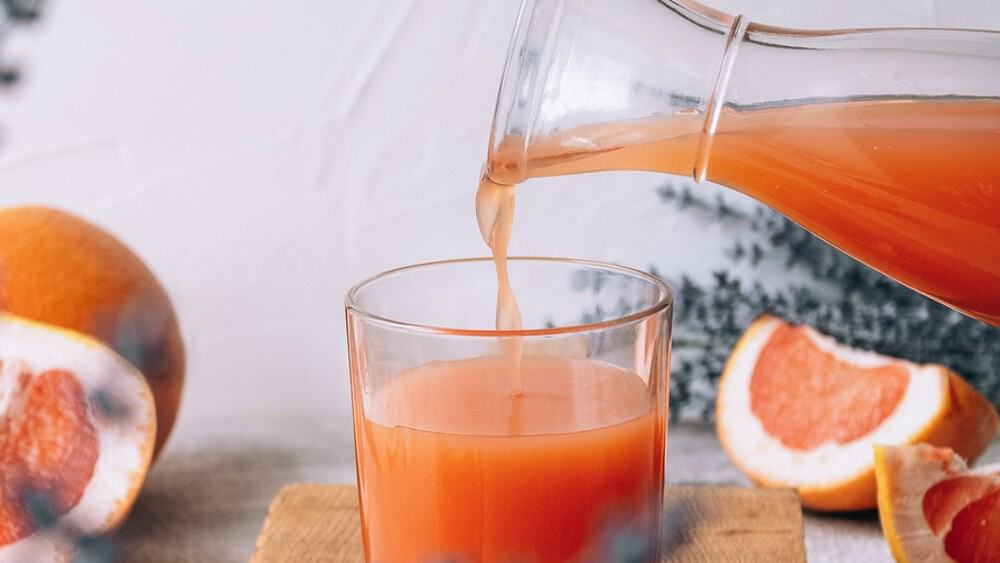Grapefruit fans will have to swallow a bitter pill, but the once popular breakfast staple is disappearing from our supermarket shelves.
It’s not just a matter of taste. Younger shoppers are turning away from grapefruit juice due to its tartness, while older fans are discovering potential health risks. The fruit’s interaction with certain medications, such as statins and pills for high blood pressure and hay fever, is causing side effects that are leading many to avoid it.
The decline of grapefruit juice sales, a breakfast staple that once held a prominent place in our supermarkets, has been hastened by the pandemic. This downturn marks a significant shift from the fruit’s heyday in the 1960s and 70s, a time that many of our older readers may recall with fond nostalgia.
Data from market analysts Kantar showed that annual sales in the UK fell from 14.4 million liters in the year to May 2021 to just 7.5 million liters in the year to last month.
Asda is believed to have become the first major retailer to take its own-brand version off the shelves in March 2022.
In particular, grapefruit is known to interfere with the effects of common medications, including cholesterol-lowering statins, which up to 8 million Britons take, blood pressure drug nifedipine, and antihistamine drug fexofenadine.
According to Star Khechara, a juice therapy instructor who runs the Skin Nutrition Institute’s Skin Nutrition Training Center, “grapefruit … can render medications useless or cause quantities of them to end up in the bloodstream, causing an overdose.”
“I like grapefruit juice….. but as I take fexofenadine for hay fever, I must avoid drinking it between June and August.”
According to experts, younger consumers avoid grapefruit because they prefer sweeter flavors. The TikTok generation is also critical of the juices’ health benefits – some believe they contain too much sugar.

 Discuss
More news
Discuss
More news


